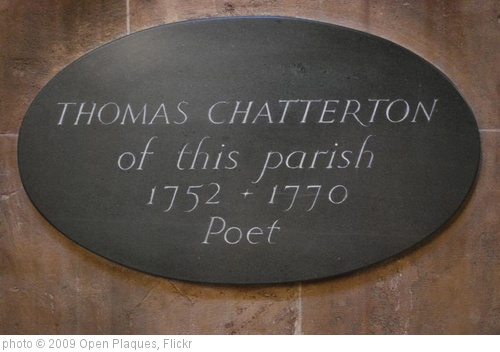1. He was born on January 6, 1878.
2. He quit school after the eighth grade and worked for the next ten years at a variety of jobs: delivering milk, harvesting ice, bricklaying, threshing wheat in Kansas, and shining shoes.
3. He then became a hobo and then a soldier.
4. He finally went to college and became a writer, a socialist, and a labor organizer.
5. He won two Pulitzer Prizes–one for his biography and one for his poetry.
6. He raised goats and collected books.
7. He wrote this poem, a favorite of mine and of my children:
Arithmetic is where numbers fly like pigeons in and out of your
head.
Arithmetic tells you how many you lose or win if you know how
many you had before you lost or won.
Arithmetic is seven eleven all good children go to heaven — or five
six bundle of sticks.
Arithmetic is numbers you squeeze from your head to your hand
to your pencil to your paper till you get the answer.
Arithmetic is where the answer is right and everything is nice and
you can look out of the window and see the blue sky — or the
answer is wrong and you have to start all over and try again
and see how it comes out this time.
If you take a number and double it and double it again and then
double it a few more times, the number gets bigger and bigger
and goes higher and higher and only arithmetic can tell you
what the number is when you decide to quit doubling.
Arithmetic is where you have to multiply — and you carry the
multiplication table in your head and hope you won’t lose it.
If you have two animal crackers, one good and one bad, and you
eat one and a striped zebra with streaks all over him eats the
other, how many animal crackers will you have if somebody
offers you five six seven and you say No no no and you say
Nay nay nay and you say Nix nix nix?
If you ask your mother for one fried egg for breakfast and she
gives you two fried eggs and you eat both of them, who is
better in arithmetic, you or your mother?

